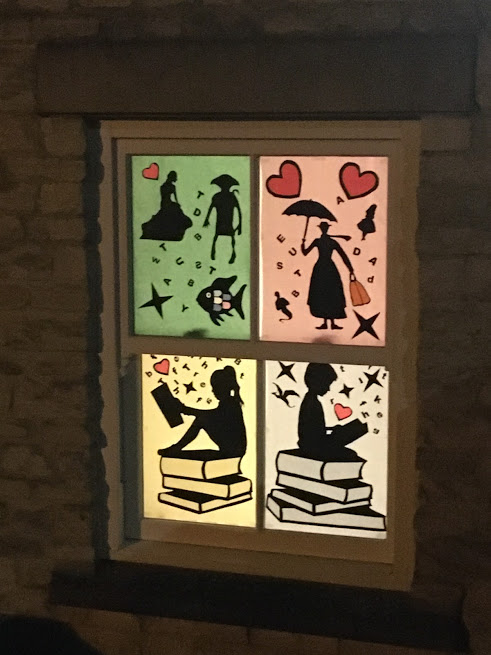This Week’s Bit of String: The meaning of far away
When our son was very young my husband and I had to live on different sides of the ocean. I missed him badly but couldn’t dwell on it, so when our little Bear asked about his dad, I would say, “Daddy’s far away.”
During a quick visit when Bear was two and a half, he climbed all over his dad and asked him, “Are you Far Away?”
It sounds obvious, but in my own loneliness and the frantic rush of being a single working mum, I hadn’t considered that my toddler would not understand intangible concepts such as distance. My explanation was totally inaccessible to him.
As writers, we are engaged in shrinking things. A written word is a miniature representation of its real-life counterpart; a book is a flattened, condensed episode from a collision of lives. The paradox we deal with is how to reduce things without losing a sense of their magnitude, and as readers, we know it’s possible to do just that.
Amazing, really.
With Great Power…
It’s daunting too, isn’t it? Our job is to serve up bite-sized fragments of potentially suffocating reality, to pinpoint the fleeting, and to bring distant concepts near. We greet an idea after its long flight and take it home and nestle it into bed, letting it in from the cold.

We may feel, when the world is so vast and problem-ridden, when many of us share similar lockdown woes, that our words don’t matter. Isn’t everyone thinking the same things already? Doesn’t it reduce an issue to confine it to the page?
But we are vain as humans. We like to see our reflection. We also like to shrink things a bit so we can come to grips with it. If we find the words to resize something small enough that lots of people can access it, we’ve ended up multiplying it. A bit like if we take a trillion dollar relief package and divide it between millions of people.
Creating the Magic
To effectively do this, we have to acknowledge, within ourselves, the enormity of what we want to convey. There have to be moments when our message, when our feeling for our characters and what they’ve been through, bring us to our knees. This may take the form of us crying over our laptops, or wandering in a shell-shocked haze through our day jobs and household routines. It may be sleepless nights or nightmares. Even our for-fun stories will consume us—another paradox of writing is that by trying to portray one aspect of reality, we distance ourselves from our current one.

Then we negotiate. We try different terms and exchanges and sequences, see which ones are most succinct yet impactful. Lay out everything you want people to know, then chisel it to a sharp point.
Part of this carving out will include an examination from every angle: have we smoothed a surface that should remain rough and challenging? Are there facets we have left too splintery? This is the part of the process where we bring in new sets of eyes to look at our work, and we check that the representation of humanity we’re offering doesn’t inadvertently exclude or minimise any marginalised groups.
It’s a tricky process but each step is essential, and when it comes together, it’s so worth it.
Ready for the Close-Up
During one long period when my husband was Far Away, we did a webcam call. Our son’s face lit up when he saw his father’s appear on the screen of my chunky monitor. “THERE’S Daddy,” he cried, as if finally things made sense. Daddy may not be where he was expected to be, but he was at last visible.
That’s the sort of recognition we want our stories to bring. Not an exact replica of a particular human being, but a sudden proximity if not familiarity. We want to stop people in their tracks, momentarily, with a Eureka moment where everything fits together and the distant becomes immediate.
In this time of prolonged isolation and separation, have you used your writing to draw closer to the far away?

